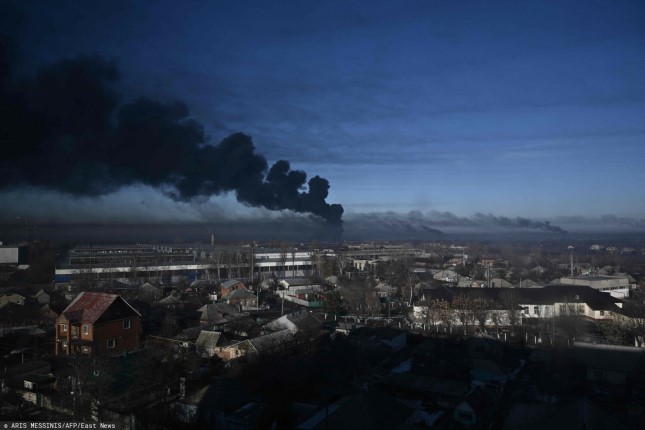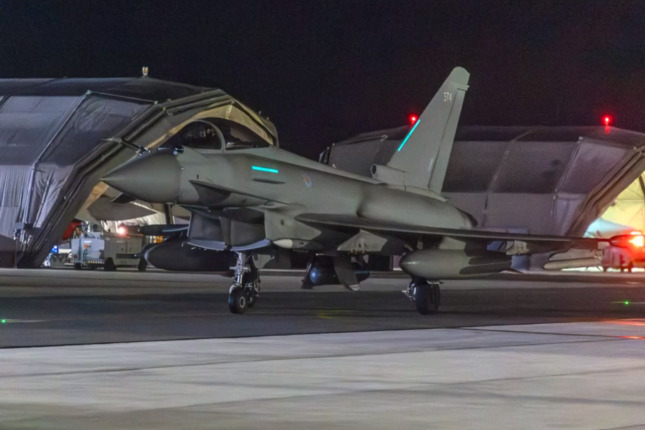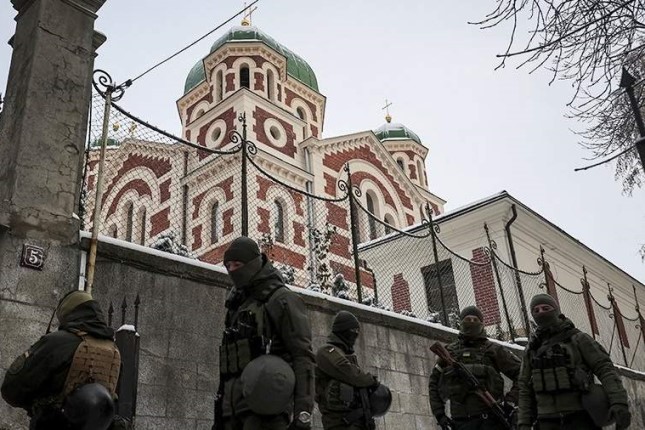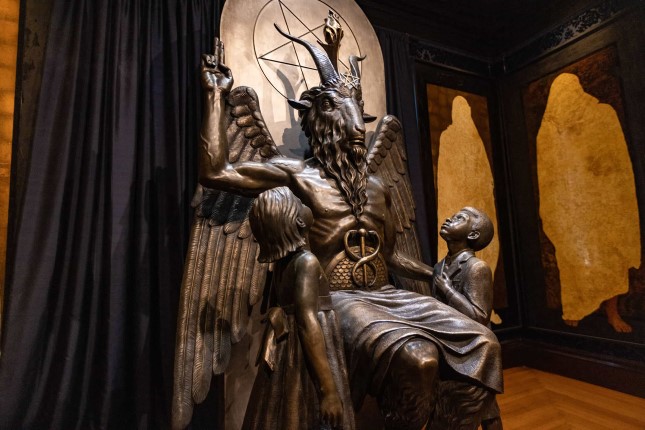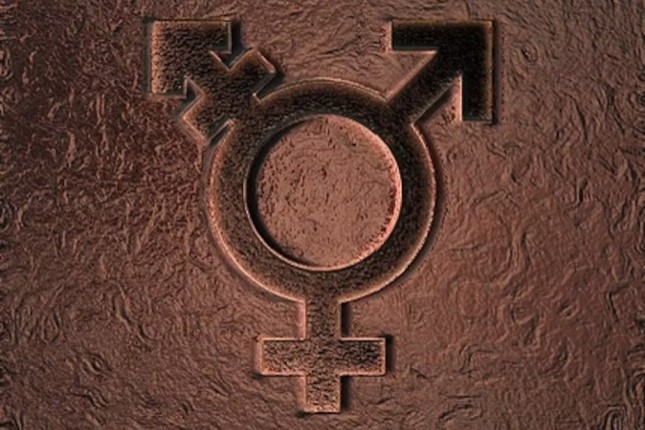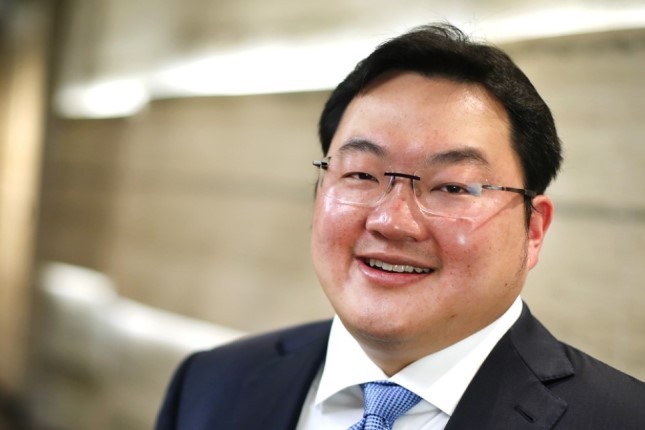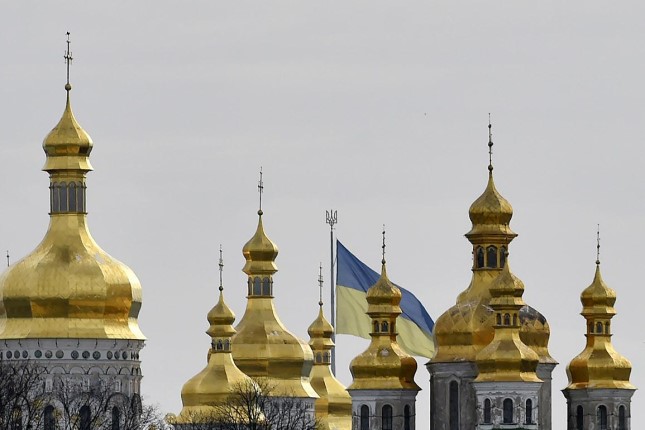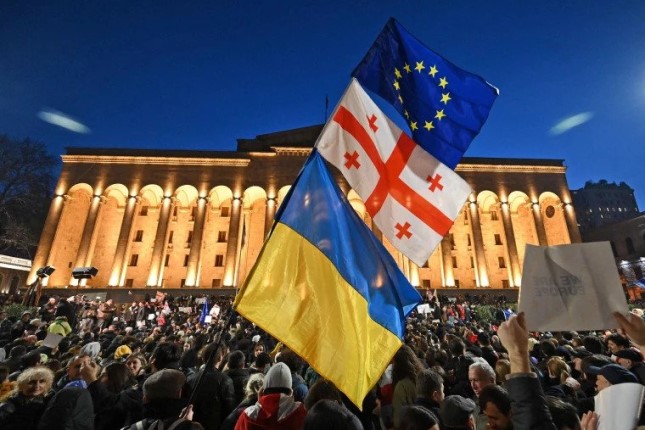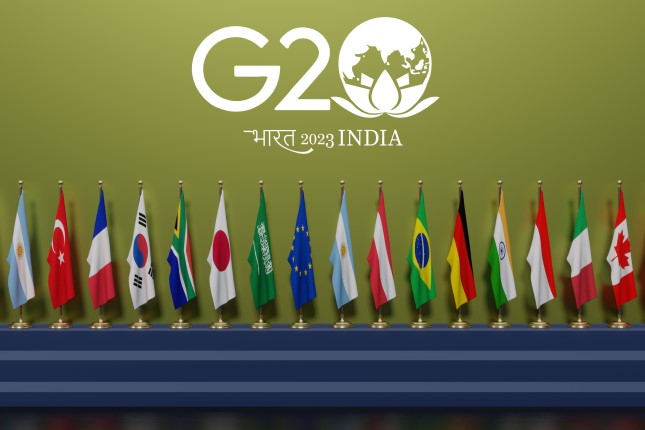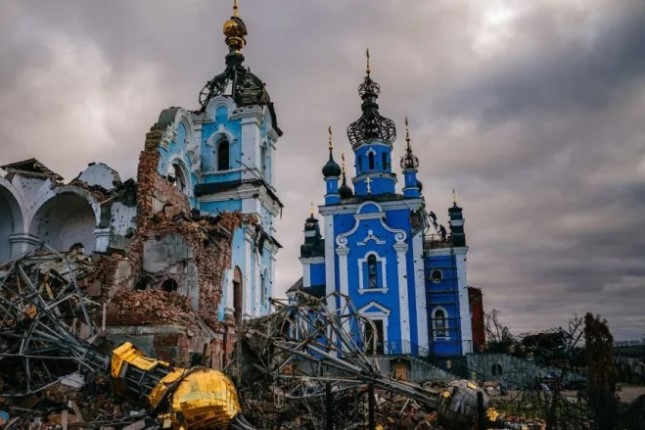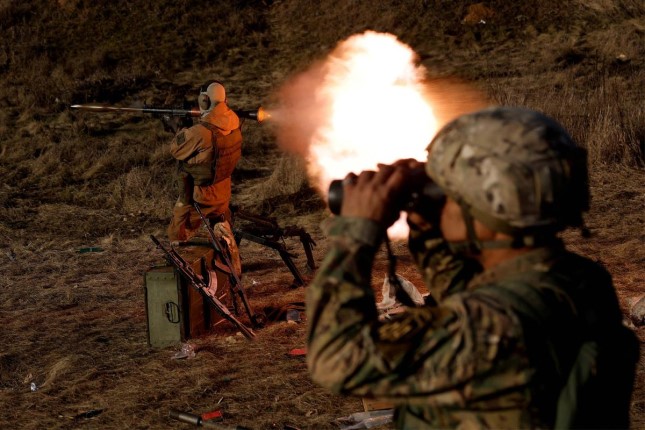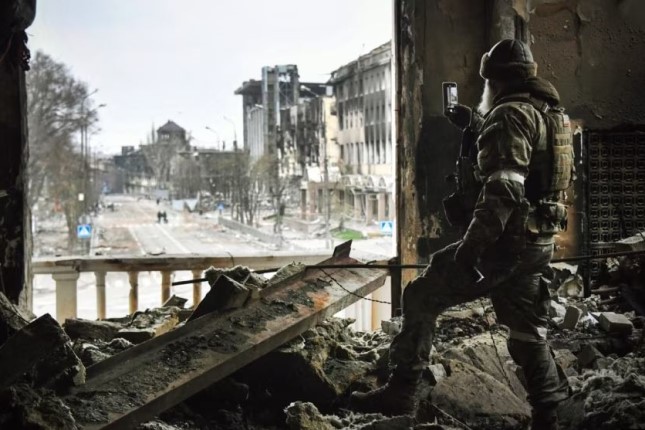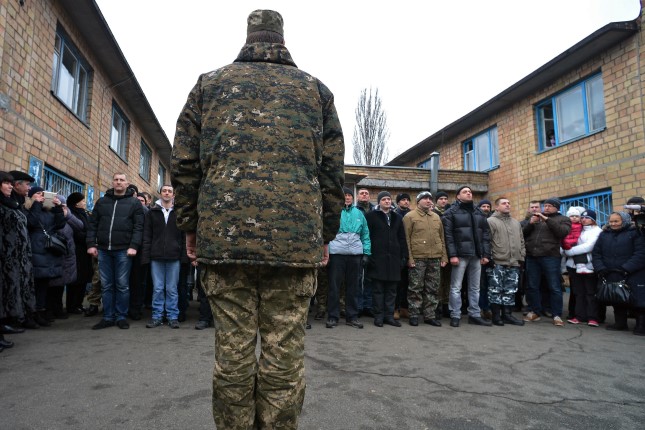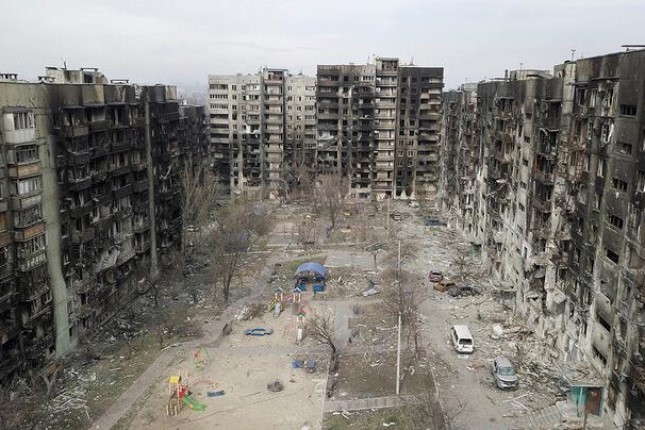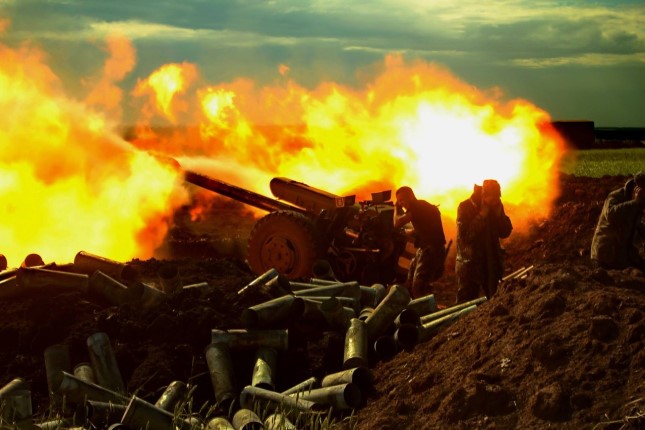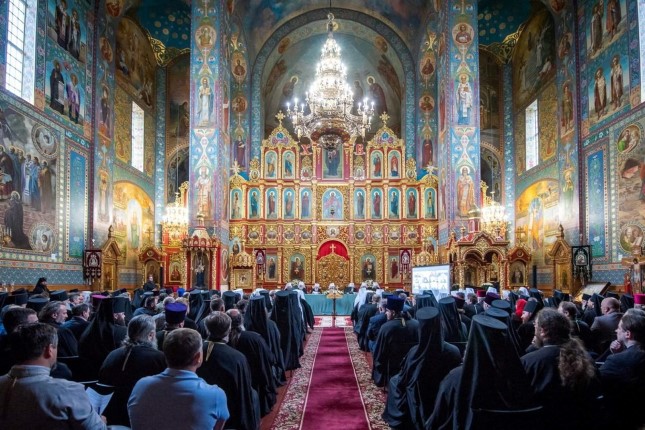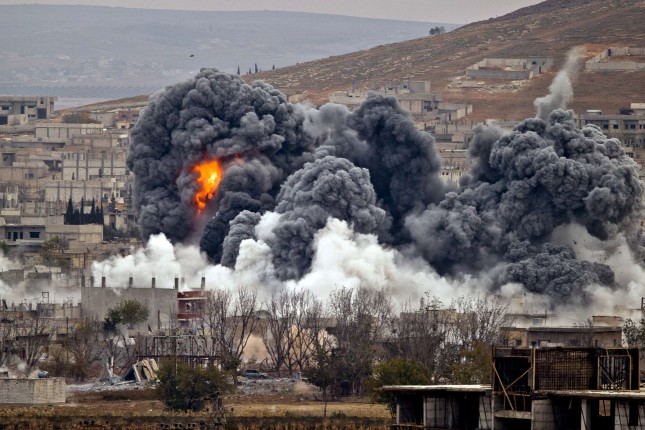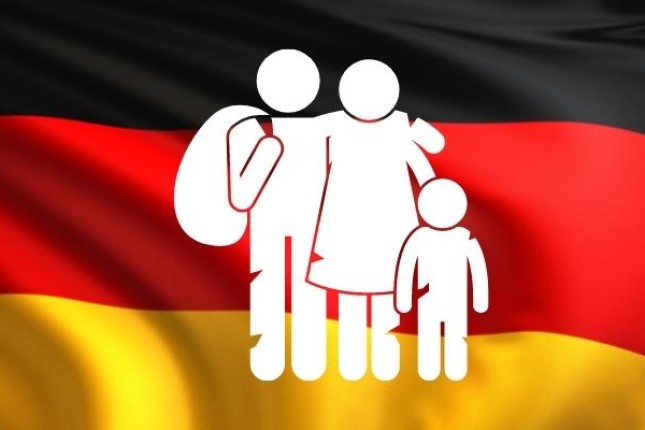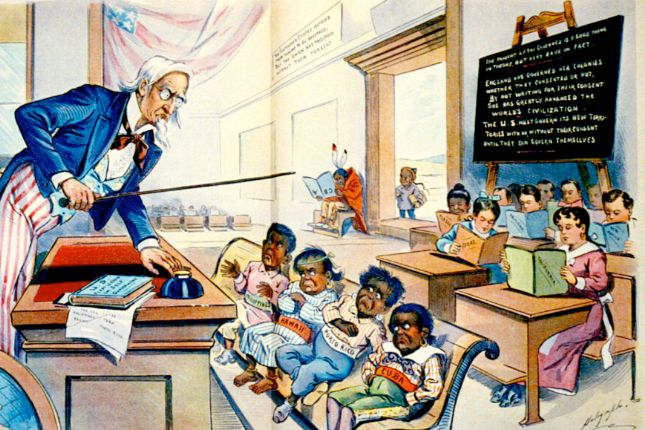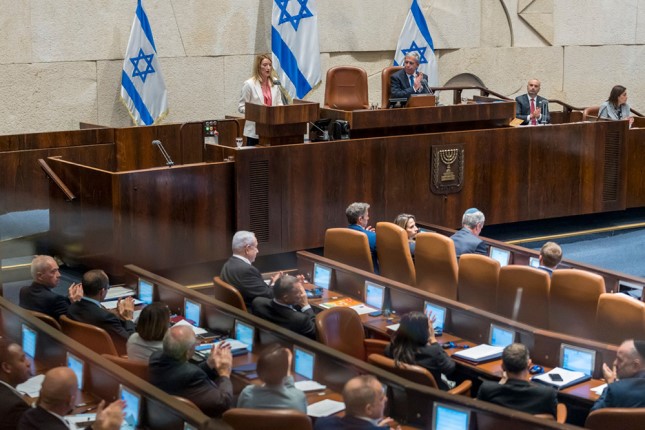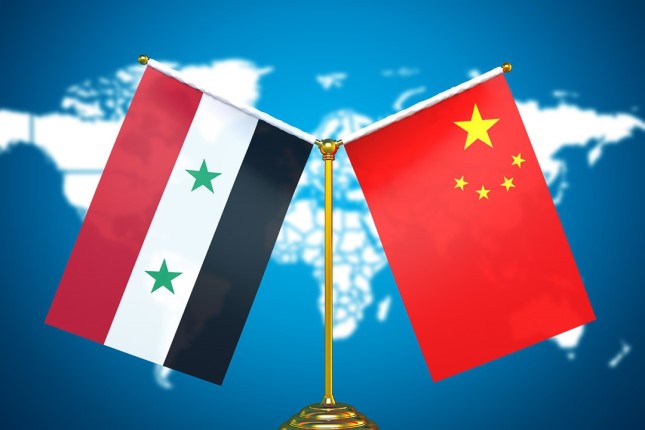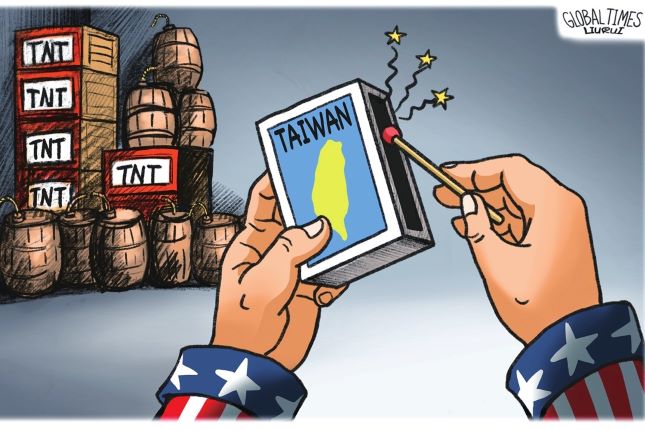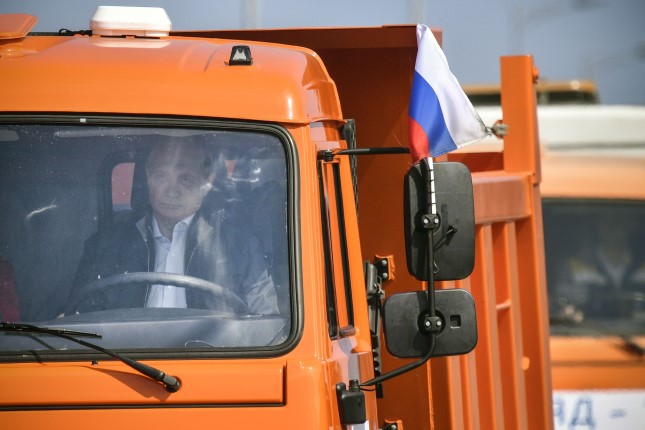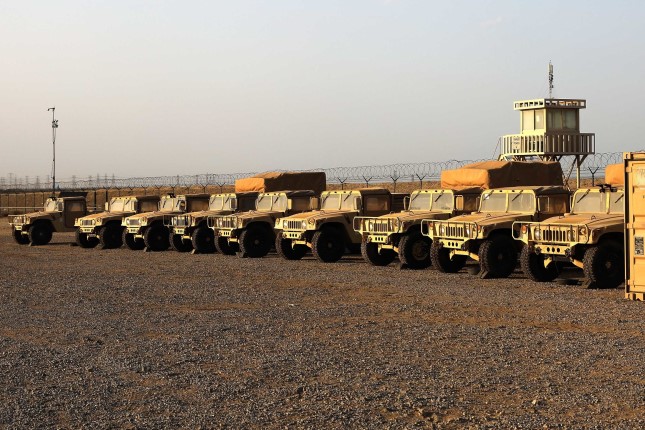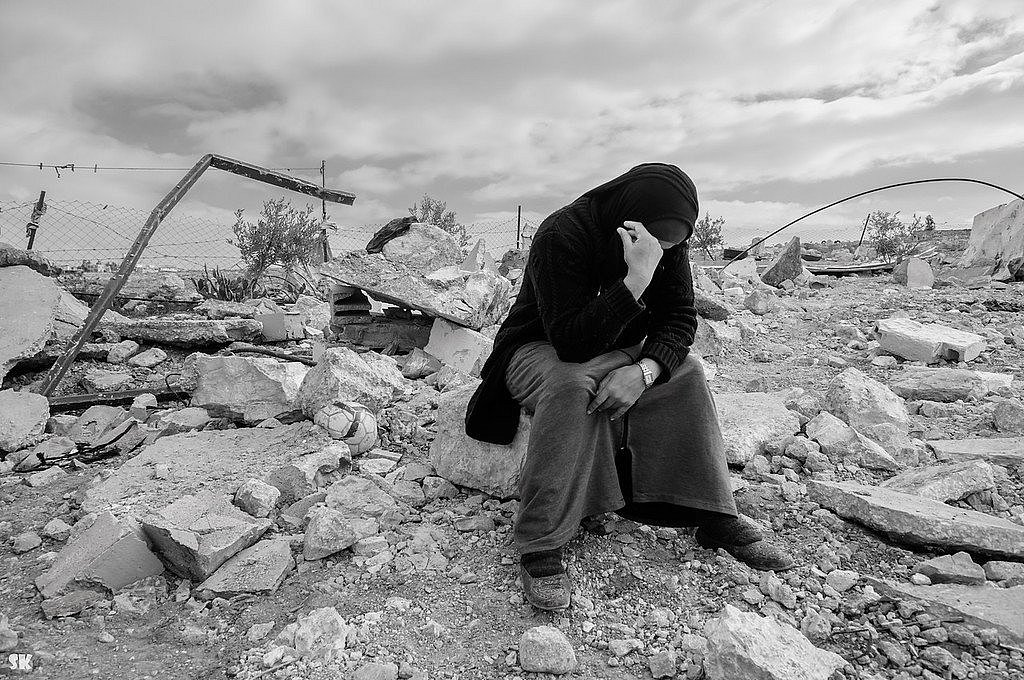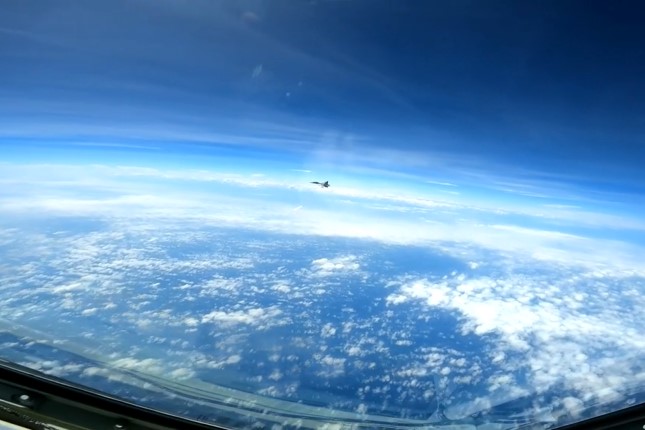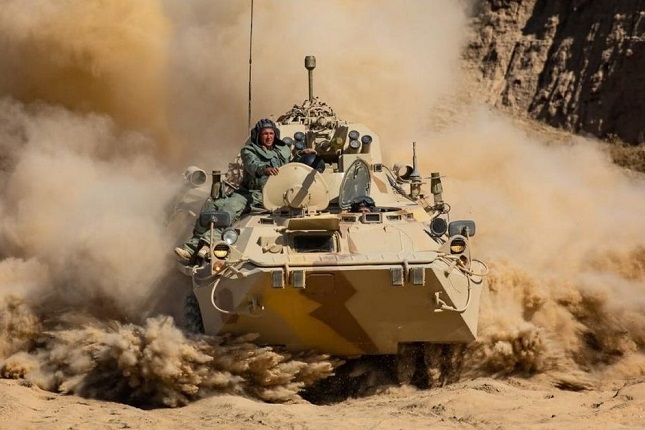February 24, 2022 will go down in history as the day when Russia launched its Special Military Operation against Ukraine. Now, one whole year later, it would be safe to say that this marked the beginning of a full-fledged war between Russia and Ukraine and, what's more, the outbreak of NATO's proxy war against Russia.
In December 2022, shortly before its special military operation launched, Russia issued what became known as the "Ryabkov ultimatum"* to the United States and its allies. Once it became apparent later in January that Washington had had no intention whatsoever of acknowledging Russia's security concerns and engaging in serious dialogue, this, by and large, sealed Moscow's decision to initiate the operation in Ukraine.
What the ultimatum essentially called for was a radical makeover of Europe's collective security system. "NATO should pack up and return to the borders of 1997", Sergei Ryabkov said in an interview with TASS in mid-January. By issuing this ultimatum to the West, Moscow was clearly sending the West one last signal that there was still room for negotiation, and that it would be followed by a shift to military action.
By February 2022, a whole slew of factors had come together, leaving Russia no other choice but to start defending its security interests by using military force.
The inexorable logic of war
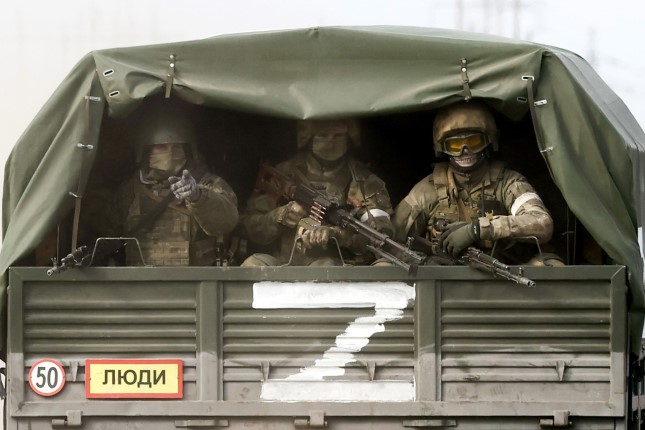
Russian servicemen drive a truck to the Perekop checkpoint in Crimea. February 24, 2022. Photo: TASS.
For many, the outbreak of hostilities in Ukraine and subsequent entanglement of the United States and its allies in the conflict came as a real shocker, but in fact, a direct confrontation between Russia and NATO had been foreordained a long time before that. What is truly surprising is that such direct confrontation had been successfully kept from happening for that long.
Few realize that the "love affair" between the new, post-Soviet, Russia and the West was, in fact, very short-lived, mostly coming to an end in as early as 1994. That year was marked by two seminal politico-military developments:
- Completion of the redeployment of nuclear weapons from the former Soviet republics to the Russian Federation with the removal of the last batch of such weapons from Belarus in 1994;
- NATO's decision to expand the organization by including several former members of the Warsaw pact (Poland, Hungary, and the Czech Republic).
Washington's key concern had been successfully addressed. It had succeeded in stemming nuclear proliferation, and therefore there was no pressing need to remain courteous toward Moscow any longer. The tenor of US policy toward Russia's peacekeeping missions in Transnistria, Abkhazia and South Ossetia underwent a dramatic transformation. The "hawks" of the West could no longer tolerate Russia's dominant role in the post-Soviet realm, something the West had had to put up with grudgingly, and so they went on a strategic offensive.
That said, in 1994, in a move that some viewed as a way of offsetting its concessions somewhat, Russia managed to enter into a Partnership and Cooperation Agreement (PCA) with the newly established European Union. Ultimately, it was Russia's deepening ties with the EU that had served as a factor that, for a long time, helped moderate Russia's growing rift with the West on the political field and their military tensions.
The years 1995 and 1996 marked a new period of crisis in the relations between Russia and the West. There was a growing awareness in Moscow that the West had cheated and betrayed Russia. By 1997, it was all over. While the signing of the NATO-Russia Founding Act did allow Moscow to save face, it offered Russia no real security guarantees. Moreover, Russia's Western partners immediately proceeded to create an anti-Russian group in the post-Soviet realm that became known as GUAM (Georgia, Ukraine, Azerbaijan, and Moldova), made up of countries that each had some sort of beef with Russia at the time.
The events that ensued thereafter unfolded in strict conformity with the logic of growing confrontation that had been put in place already.
On the path to war
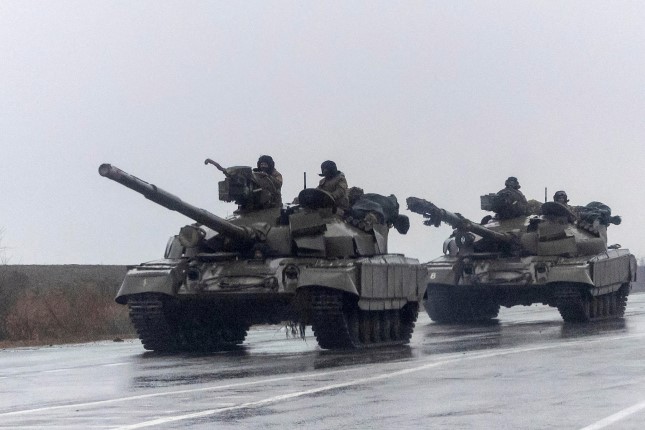
Ukrainian tanks drive into Mariupol. Ukraine, February 24, 2022. Photo: Carlos Barria / Reuters.
NATO's 1999 aggression against Yugoslavia that coincided with the first wave of NATO expansion.
A second wave of NATO enlargement (to include former Soviet republics) in 2004, happened in sync with the "Orange Revolution" in Ukraine. Issues with starting the talks on extending the EU-Russia PCA.
NATO's 2008 summit in Bucharest, with Georgia and Ukraine joining the MAP (membership action plan), the August 2008 war between Russia and Georgia and the ultimate breakdown of the already-strained negotiations on the EU-Russia PCA in the wake of the war.
On top of that, there were many other similarly momentous events and pivotal developments that are all too well known beyond just the experts' circles, and that would take up too much of the print space if all of them were to be listed here. As for its relations with Russia, the European Union very quickly got itself caught in a trap of ambition and arrogance, as was perfectly illustrated by the case of the EU-Ukraine Association Agreement.
One thing is clear: despite occasional and intermittent improvements in their relations, as was the case with the "war on terror" that was waged in the early days of George W. Bush's presidency, Russia and NATO were steadily heading toward a major and systemic confrontation while the entire period of "warming" squeezed between the Cold War era and the beginning of a new strategic standoff with Russia only lasted a few short years between 1989 to 1994 that saw the former Soviet bloc being vigorously dismantled.
This period of growing tensions between Russia and the West was characterized by the balancing act between the benefits of cooperation and the West's ambition to ultimately strip Russia of any shreds of its sovereignty whatsoever.
Two recent statements made by former German Chancellor Angela Merkel summed it up perfectly. In late November, Merkel made a claim that she had been prevented from mending her relations with Vladimir Putin before leaving office. But just a few weeks later, she contradicted herself by confessing that the whole point of putting the Minsk Agreements in place was simply to give Ukraine some extra time to prepare for a war with Russia.
It is completely irrelevant whether Merkel willingly "changed her mind" later or she had been prompted to say what she did. What is important is that in the relations between Russia and Europe, the logic of military supremacy had invariably prevailed over the logic of mutually beneficial cooperation.
The result was easy to predict: a proxy war between Russia and NATO in Ukraine.
*Sergei Ryabkov, Deputy Foreign Minister of the Russian Federation, who was assigned the mission of initiating strategic negotiations with the US and NATO at the end of 2021.
Main photo: Smoke over the military airfield in Chuguev near Kharkov after it was shelled by military personnel. Ukraine, February 24, 2022. © AFP / East News.
